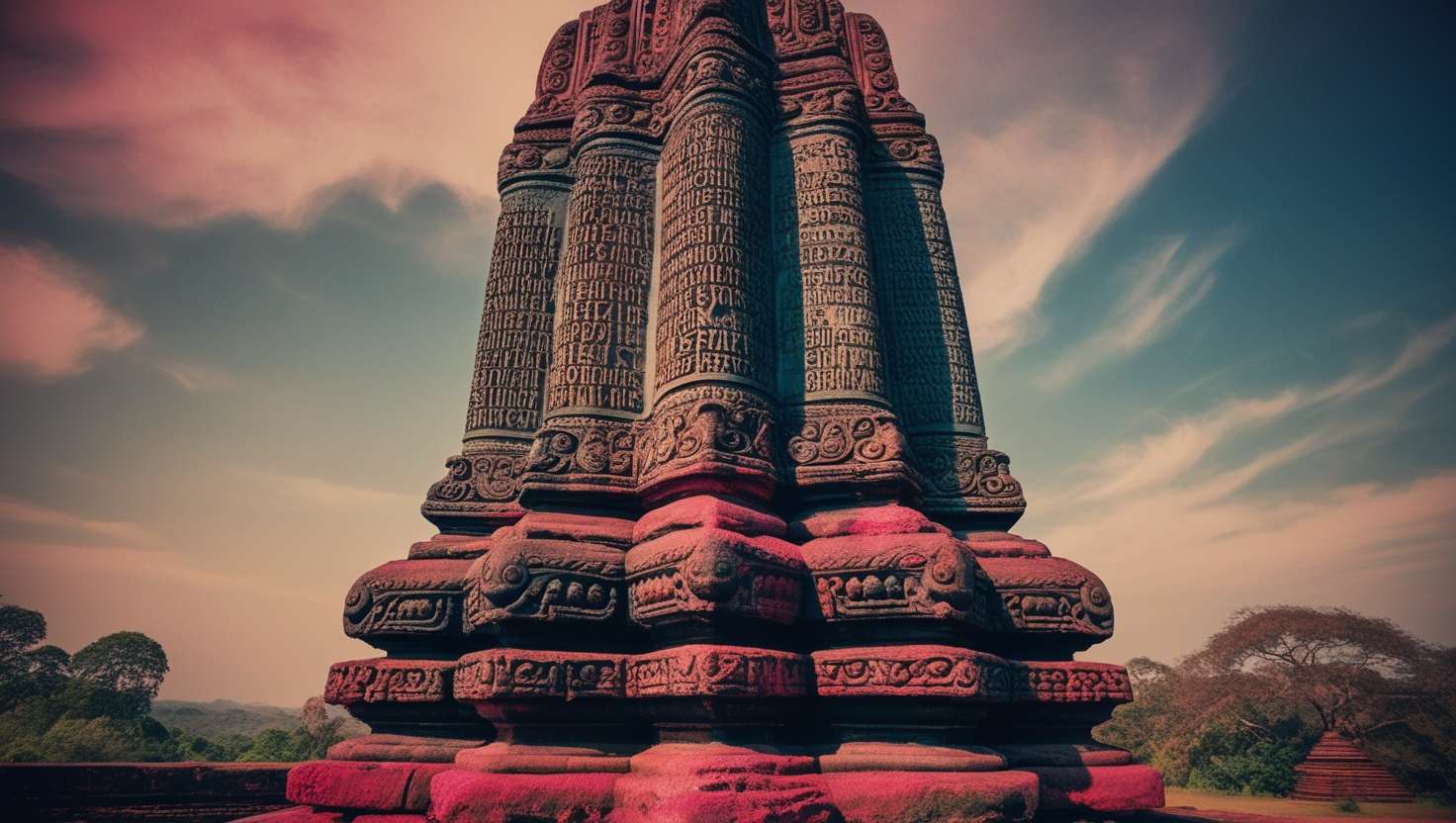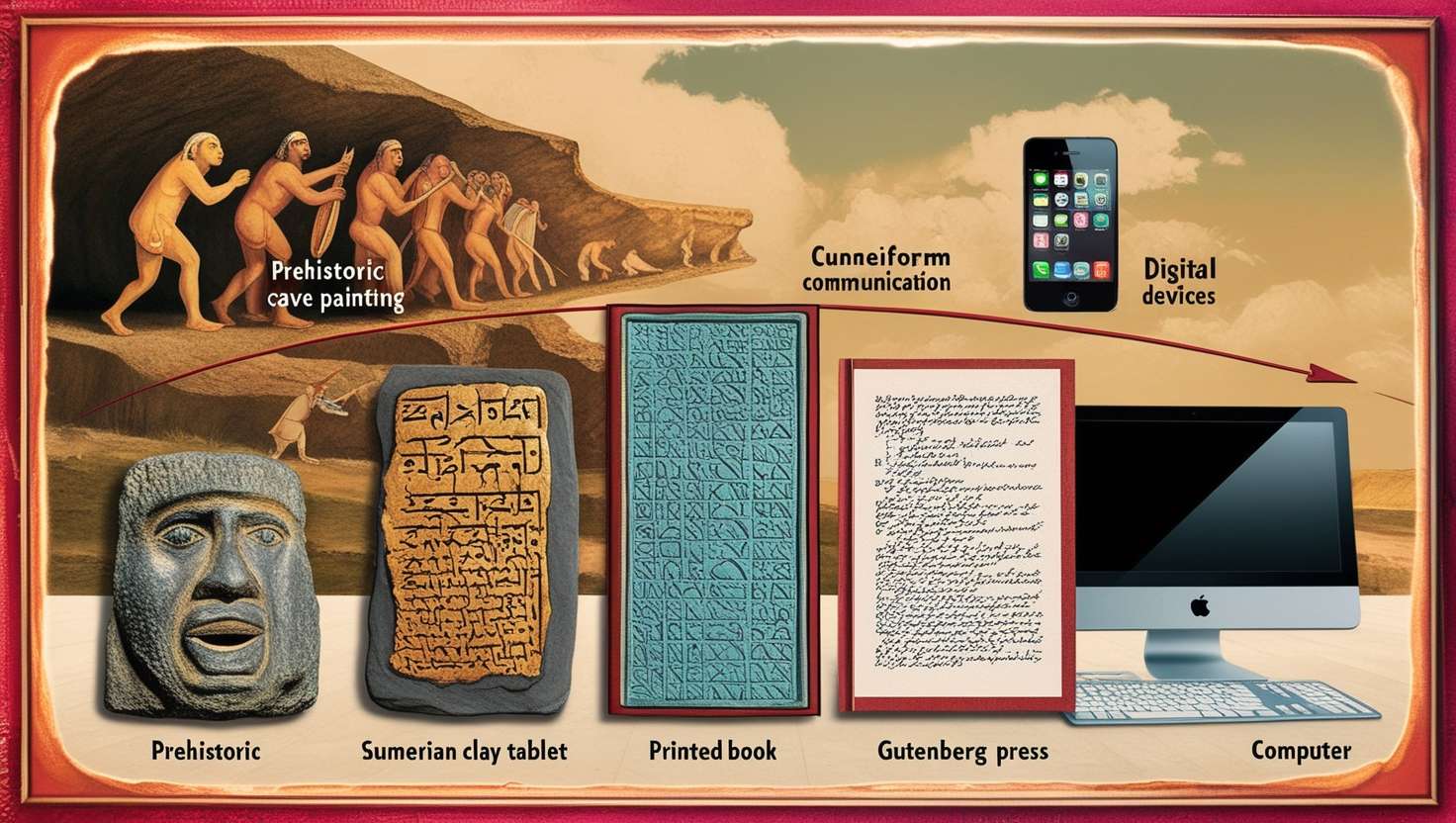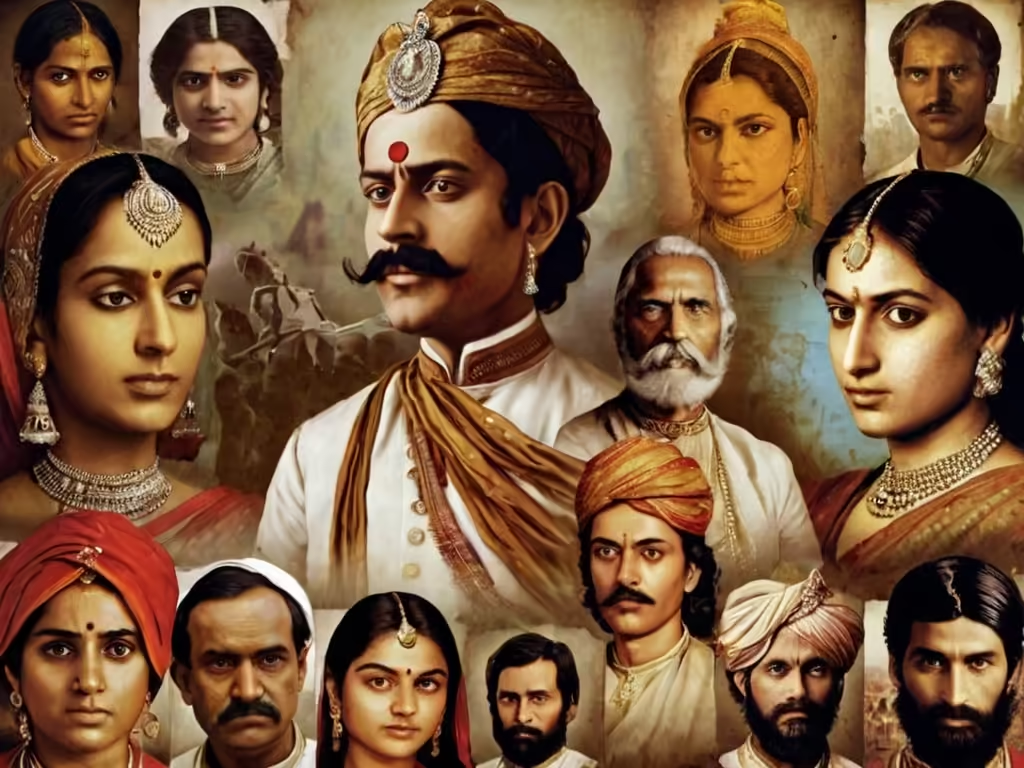Table of Contents
ToggleIntroduction
Chhatrapati Shivaji Maharaj, a name that evokes pride and respect in every Indian heart, was one of the greatest warriors and rulers in Indian history. Born in 1630, Shivaji Maharaj’s life is a saga of bravery, leadership, and devotion to his people and land. His legacy continues to inspire millions, making him an enduring symbol of Indian valor and wisdom.
Birth and Early Life
Chhatrapati Shivaji Maharaj was born on February 19, 1630, in Shivneri Fort, a place that shaped his early years profoundly. Situated near Junnar in Pune district, this strategically important fort was not just his birthplace but also his first playground of adventures. Shivaji’s father, Shahaji Bhosale, held the esteemed role of a Maratha general, serving the powerful Deccan Sultanates.
His mother, Jijabai, was not only deeply religious but also remarkably wise, influencing Shivaji’s upbringing with her values and teachings. She prayed fervently to the goddess Shivai for a son, and in homage, Shivaji was named after this divine inspiration. Under his mother’s guidance, he imbibed the virtues of bravery, justice, and compassion, while his father’s tales of military prowess and legendary Indian heroes fueled his youthful imagination.
Childhood and Education
From an early age, Shivaji displayed remarkable qualities. He showed intelligence, courage, and a natural knack for leadership. His mother, Jijabai, introduced him to the epic stories of the Ramayana and Mahabharata, as well as the lives of great Indian kings. These tales deeply influenced Shivaji, sparking within him a vision to establish a kingdom founded on principles of justice, equality, and Hindu self-governance.
Shivaji received formal education in military tactics, horse riding, and swordsmanship. He grasped the importance of discipline and developed a keen understanding of strategic thinking. His studies also encompassed statecraft and administration, equipping him with the necessary skills to navigate the complexities of leadership.
Early Exploits and Formation of the Maratha Kingdom
At the tender age of 16, Shivaji Maharaj embarked on a visionary quest to forge a Maratha kingdom. With a steadfast band of loyal followers, he embarked on a series of strategic conquests, marking the nascent stages of what would become the illustrious Maratha Empire.
Shivaji’s first significant conquest occurred in 1645 with the capture of the formidable Torna Fort. This triumph was swiftly followed by the acquisition of Chakan and Kondana forts, further solidifying his territorial foothold. These early victories not only expanded Shivaji’s influence but also laid a resilient foundation for the future Maratha Empire.
What set Shivaji apart was his unconventional approach to warfare. Utilizing guerrilla tactics, he enabled his smaller, agile forces to outmaneuver and conquer larger, more conventional armies. His intimate knowledge of the local terrain proved invaluable, granting him a crucial edge over his adversaries. Shivaji Maharaj’s leadership prowess and strategic acumen swiftly made him a dominant force in the Deccan region.
Conflict with the Mughals
As Shivaji’s power grew, he inevitably came into conflict with the Mughal Empire, one of the most powerful empires in the world at the time. The Mughals, under Emperor Aurangzeb, viewed Shivaji’s growing influence as a threat. This led to a series of conflicts between the Marathas and the Mughals.
One of the most famous episodes in this conflict was Shivaji’s daring escape from Agra. In 1666, he was invited to the Mughal court by Aurangzeb, who then imprisoned him. Shivaji, using his wit and cunning, managed to escape from the heavily guarded palace, a feat that earned him legendary status.
Coronation and Establishment of the Maratha Empire
As Chhatrapati, Shivaji implemented a series of reforms to strengthen his empire. He reorganized the administration, established a disciplined military, and promoted trade and agriculture. His rule was marked by fairness and justice, earning him the loyalty and respect of his subjects.
Naval Power and Maritime Achievements
Shivaji Maharaj understood the importance of naval power in protecting his kingdom’s coastline and securing trade routes. He built a formidable navy and constructed several sea forts, such as Sindhudurg and Vijaydurg, to safeguard the western coast of India.
His naval forces successfully defended the Konkan coast against foreign invaders, including the Portuguese and the Siddis of Janjira. Shivaji‘s navy played a crucial role in establishing Maratha dominance in the region and ensuring the security of maritime trade.
Administration and Governance
Shivaji Maharaj was a visionary leader who implemented a robust administrative system. His Ashta Pradhan Mandal, or Council of Eight Ministers, was responsible for various aspects of governance. This council included the Peshwa (Prime Minister), Amatya (Finance Minister), and Senapati (Commander-in-Chief), among others.
He introduced the Ryotwari system, a land revenue system that protected the interests of farmers and ensured fair taxation. Shivaji also promoted the development of infrastructure, including roads, forts, and markets, which contributed to the economic prosperity of his kingdom.
Religious Tolerance and Social Reforms
Shivaji Maharaj, the legendary Maratha warrior king, is revered not only for his military prowess but also for his visionary policies that promoted religious tolerance and social reforms. His reign marked a significant departure from the religious conflicts of his time, as he championed inclusivity and respect for all faiths.
- Religious Tolerance:
Shivaji Maharaj was celebrated for his forward-thinking policies and inclusive attitude towards all faiths. He upheld religious diversity and enforced strict moral codes among his troops during military campaigns, safeguarding places of worship and fostering communal harmony. His respect for different religions earned him admiration among his subjects and beyond, as he ensured that his kingdom was a safe haven for people of various beliefs.
- Social Reforms:
Beyond his military achievements, Shivaji Maharaj implemented several progressive social reforms. He prohibited the practice of slavery, recognizing it as a grave injustice, and took steps to protect the rights of women. His reforms aimed at creating a just and equitable society where every individual could thrive.
- Legacy of Justice and Welfare:
Shivaji Maharaj’s policies were rooted in a deep commitment to the welfare of his people. He established a governance system that prioritized fairness and welfare, laying the foundation for a prosperous Maratha empire known for its justice and stability.
The Legacy of Shivaji Maharaj
Chhatrapati Shivaji Maharaj’s legacy is profound and enduring. He is celebrated as a national hero who stood up against oppression and foreign rule. His ideals of Swaraj (self-rule) and his relentless pursuit of justice and equality continue to inspire generations. Monuments, forts, and statues across India, particularly in Maharashtra, stand as testaments to his enduring legacy.
His contributions to Indian history are commemorated through festivals, educational institutions, and cultural programs that keep his memory alive. The principles he stood for resonate even in contemporary times, highlighting the timeless relevance of his vision.
Conclusion
Visionary Leadership: Shivaji Maharaj’s visionary leadership forged a path to independence, inspiring future generations with his bold vision of Swaraj and a just society.
Military Genius: His innovative guerrilla tactics and mastery of the terrain enabled him to outmaneuver much larger armies, securing numerous victories against formidable foes.
Naval Legacy: Shivaji Maharaj’s strategic foresight extended to the seas, where he built a powerful navy and coastal forts, safeguarding trade routes and coastal communities.
Cultural Renaissance: Beyond military conquests, he revived cultural pride and Hindu traditions, fostering a renaissance that celebrated art, literature, and architecture.
Social Reformer: Championing religious tolerance and social equality, Shivaji Maharaj’s policies promoted harmony among diverse communities, setting a precedent for inclusive governance.
Icon of Resilience: His daring escapes from capture and steadfast determination against adversity have immortalized him as a symbol of resilience and unwavering commitment.
Enduring Legacy: Today, Shivaji Maharaj’s legacy lives on in festivals, literature, and monuments across India, reminding us of his enduring impact on national identity and unity.
This conclusion highlights Shivaji Maharaj’s multifaceted achievements and underscores his profound influence on Indian history and culture with a more engaging tone.
FAQs
Chhatrapati Shivaji Maharaj (1630-1680) was a prominent Indian warrior king and the founder of the Maratha Empire in western India. He is celebrated for his military achievements, leadership, and vision of establishing a sovereign Hindu kingdom.
Shivaji Maharaj is revered for his role in resisting Mughal dominance and European colonial powers in India. He is regarded as a symbol of Indian valor, independence, and Hindu self-governance.
Shivaji Maharaj was born on February 19, 1630, at Shivneri Fort near Junnar in Pune district, Maharashtra, India.
Shivaji Maharaj’s upbringing was shaped by his mother Jijabai’s teachings of religious tolerance and his father Shahaji Bhosale’s military exploits. He was inspired by the stories of Indian epics and legendary kings.
Shivaji Maharaj expanded his territory through strategic conquests of forts and regions in the Deccan region of India. His military tactics, including guerrilla warfare, enabled him to challenge larger forces effectively.
Shivaji Maharaj established a robust administrative system with the Ashta Pradhan Mandal (Council of Eight Ministers) overseeing various aspects of governance. He promoted religious tolerance, social reforms, and economic development.
Shivaji Maharaj’s achievements include the establishment of a strong navy to protect India’s coastline, the reorganization of administration to ensure justice and welfare, and his defiance against the Mughal Empire, particularly his daring escape from Agra.
Shivaji Maharaj’s legacy is commemorated through festivals, monuments, and cultural programs across India, particularly in Maharashtra. He continues to inspire generations with his ideals of Swaraj (self-rule) and justice.
Shivaji Maharaj’s reign marked a period of regional resurgence and cultural pride in Maharashtra. His policies promoted inclusivity, religious harmony, and social justice, leaving a lasting impact on Indian history and identity.
Shivaji Maharaj is celebrated as a national hero for his steadfast leadership, military valor, and vision of establishing a sovereign Maratha kingdom. His legacy as a defender of Indian sovereignty against foreign powers remains significant in Indian nationalist discourse.




Chhatrapati Shivaji Maharaj’s legacy is a timeless testament to bravery, leadership, and cultural pride. His impact resonates through generations, inspiring admiration and respect worldwide